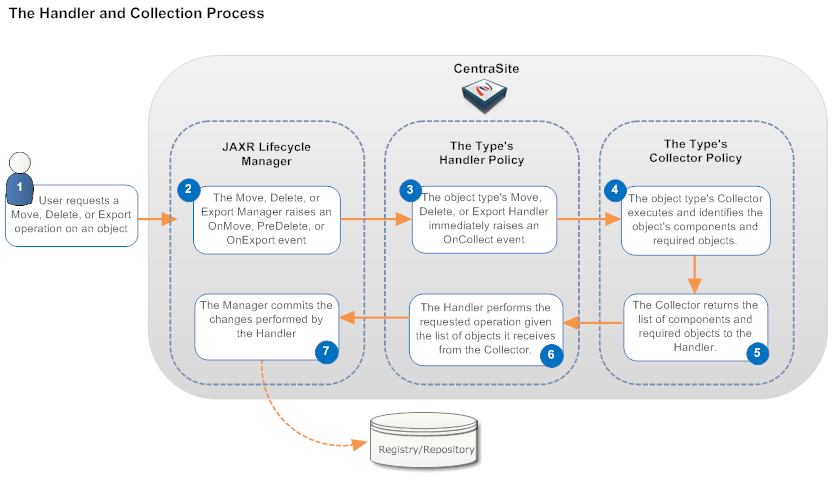Predefined Policies
System policies are predefined, design-time policies that CentraSite uses to perform internal operations (for example, identifying the components associated with a given object) and registry-wide governance functions (for example, ensuring the validity of policies prior to activation). Policies that are classified as predefined policies are system-wide in scope and execute at priority levels that are reserved for predefined policies. System policies are applied to assets regardless of the asset type's Policies can be applied property.
By default, predefined policies are not displayed by CentraSite Control. To view predefined policies, you must enable the Show Predefined Policies option on the Design/Change-Time Policy page.
If you belong to a role that includes the Manage System-Wide Design/Change-Time Policies permission, you have the ability to edit, delete, and deactivate CentraSite's predefined policies. However, you should not do this. These policies perform critical functions within the registry and must not be edited, deleted, or deactivated except under the direction of a technical representative from Software AG.
Collector and Handler Policies
The collector and handler policies are used to delete, move, and export composite objects in a consistent way. Composite objects are objects that are made up, in part, of other registry objects. A Service object, for example, includes Operation objects, Binding objects, and Interface objects. When you delete, move, or export a Service object, you want CentraSite to delete, move, or export the Service object and its related components. The collector and handler policies provide a way to consistently identify the set of registry objects that make up a composite object and treat those objects as a unit when performing delete, move, and export operations.
To understand collectors and handlers, you must understand the concepts of shared components, nonshared components and required objects.
Roles of the Collector and Handler Policies
Handler policies and collector policies operate together to delete, move, and export composite objects.

The collector policy produces a list of the components (shared and nonshared) and required objects that are associated with a given instance of a composite object.

The handler policy performs the delete, move, or export operation (depending on the type of handler that has been invoked) on the given object based on the list of components and required objects the handler receives from the collector.
For example, when you delete an instance of a Service object, the Service delete handler policy invokes the Service collector policy to identify the set of components and required objects associated with that particular instance of a Service (for example, its operations, bindings, interfaces, XML schemas, supporting documents, and so on). The delete handler then deletes the Service object and all of the nonshared components that were identified by the Service collector.
The following diagram illustrates how the handler and collector policies interact during a move, delete, or export operation:
